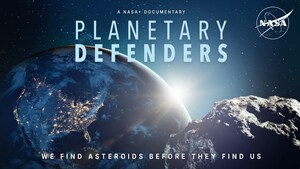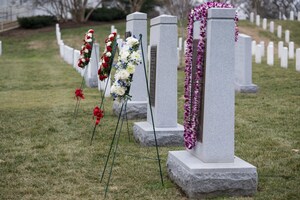CLEVELAND, Sept. 13 /PRNewswire-USNewswire/ -- NASA is hosting two national science competitions that challenge student teams to develop and prepare a microgravity experiment. Proposals are due Nov. 1.
(Logo: http://photos.prnewswire.com/prnh/20081007/38461LOGO)
(Logo: http://www.newscom.com/cgi-bin/prnh/20081007/38461LOGO)
"Dropping In a Microgravity Environment," or DIME, is the competition for high school student teams. "What If No Gravity?" or WING, is the competition for student teams in sixth through ninth grades.
Both competitions are open to student teams across the United States and Puerto Rico. Teams may be formed from any type of organization or club, such as a science class, a group of friends, a scout troop or a youth group. Each team must have an adult advisor, such as a teacher, parent or technical consultant.
A panel of NASA scientists and engineers will evaluate and select the top-ranked proposals by Dec. 1. The winning teams then will design and build the experiments that will be conducted in the 2.2 Second Drop Tower at NASA's Glenn Research Center in Cleveland. When an experiment is "dropped" into the 79-foot tower, it experiences weightlessness, or microgravity, for 2.2 seconds. Researchers from around the world use this tower to study the effects of microgravity on physical phenomena such as combustion and fluid dynamics, and to develop new technology for future space missions.
The top four DIME teams will receive an all-expenses-paid trip in March to conduct their experiments, review the results with NASA personnel and tour Glenn's facilities. All DIME participants visiting NASA must be U.S. citizens.
Four additional DIME teams and up to 30 WING teams will be selected to build their experiments and ship them to Glenn to be drop-tested by NASA. These experiments and the resulting data will be returned to the teams so they can prepare reports about their findings.
For more information about entering NASA's DIME and WING student team competitions, visit:
http://spaceflightsystems.grc.nasa.gov/DIME.html
DIME and WING competitions involve students in the areas of science, technology, engineering and research. Students also may acquire skills in analytical thinking, teamwork and English composition -- skills that can be applied toward future engineering or scientific careers. These competitions and similar educational programs help NASA attract and retain students in science, technology, engineering and mathematics, which are disciplines critical to the agency's future missions.
NASA's student drop experiment competitions are sponsored by the Teaching From Space Office at NASA's Johnson Space Center in Houston. The office manages educational opportunities that use the unique environment of microgravity and human spaceflight pursuits.
For more information about NASA's education programs, visit:
For information about NASA's Glenn Research Center, visit:
SOURCE NASA
WANT YOUR COMPANY'S NEWS FEATURED ON PRNEWSWIRE.COM?
Newsrooms &
Influencers
Digital Media
Outlets
Journalists
Opted In






Share this article